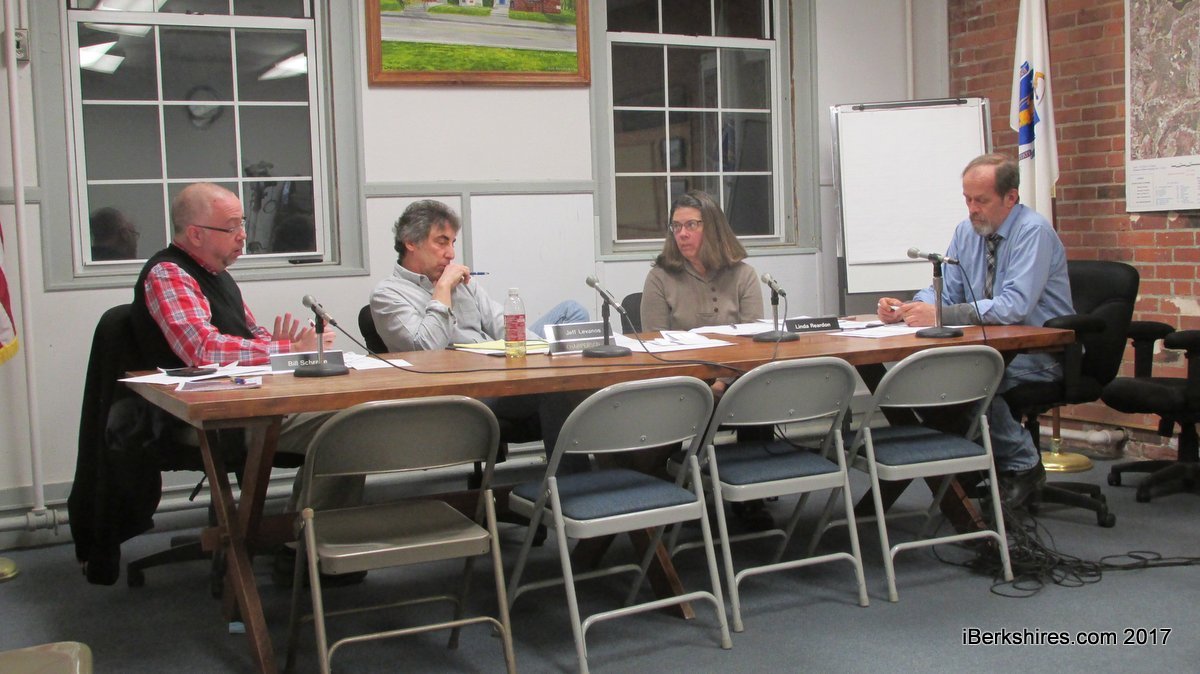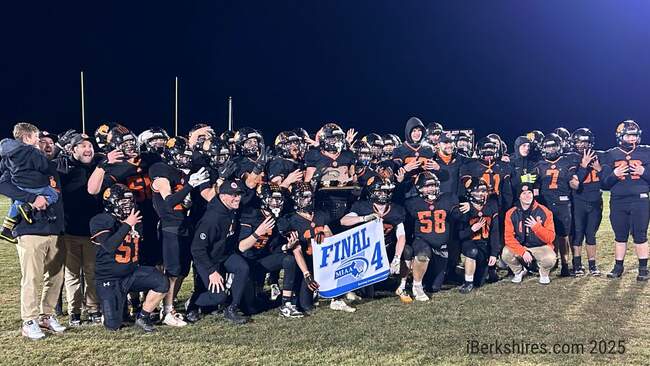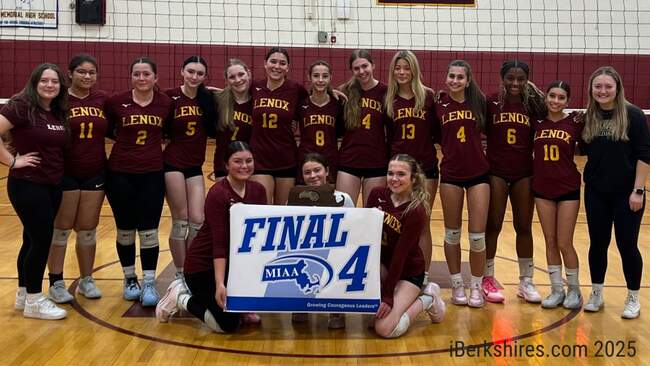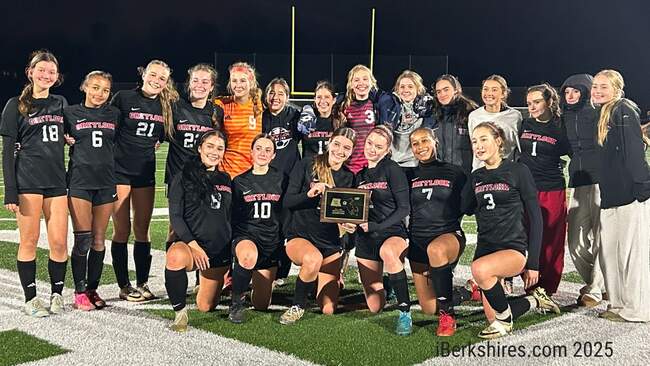
Clarksburg Officials Skeptical of Budget Gap Numbers
CLARKSBURG, Mass. — Town officials are requesting help from the state Department of Revenue and its outside auditor to track down a $240,000 error in the fiscal 2017 budget.
Town Administrator Carl McKinney has taken the responsibility for the error, saying he overestimated revenue and underestimated charges from the state.
"It was my mistake," he said at Wednesday's Select Board meeting. "I am embarrassed and quite upset over my own mistake. ...
"I apologize to the town. I hope we can work together to correct this error I made."
But the Select Board and former Finance Committee members aren't convinced it's all his fault.
"Carl can fall on his sword if he wants ... but it's not just you," said Mark Denault, former chairman of the Finance Committee. "We had the town accountant looking at this, we had the state looking at this. Other people were looking at this ... How did it get missed?"
McKinney believes the problem lies in two areas: school choice revenue and charges by the state. The town had been working with the worst-case scenario of state charges and revenue — as outlined on the so-called cherry sheets — out of the three budgets proposed in Boston by the governor, House and Senate.
The town had been developing the fiscal 2017 budget based on about $155,000 in charges that somehow ballooned to $180,000.
Denault backed that up with an email from the DOR putting the charge amount at about $145,000 early in the spring.
"From last year to this year, those numbers had to be dramatically off, $25,000 off," he said, wondering how the state missed it.
The school choice error was confirmed by DOR, McKinney said. The problem appeared to be his marking school choice revenue of $203,013 on the town side rather than the school side of the ledger. For school choice and tuition, the town pays out but the school takes in.
But Select Board member Linda Reardon, former principal of the school, questioned the excessive amount.
"That number doesn't make any sense for school choice," she said.
Clarksburg School has around 20 school choice children and the state pays $5,000 per child, prorated on attendance. That comes out to closer to $100,000 than $200,000.
Clarksburg for fiscal 2017 received $203,013 for incoming students and was charged $133,934 for students going out (that does not include tuition to the high schools or charter school).
In fiscal 2016, the numbers were $159,657 coming in and $90,681 going out; in 2015, $122,000 coming in and $42,450 going out; in 2014, $123,203 coming in and $67,067 going out. So in 2015 and 2014, there were about 24 school choice children; in 2017, the number comes up 40 coming in. The school's enrollment is 163.
"Did they mix us up with another town?" asked Denault, later adding, "Where did the numbers change from a joint meeting with us to a mistake to the state."
Officials felt strongly they would have noticed such a huge deficit as they spent months going through the budget, and they know which side school choice revenue falls.
"That's why it feels like we're missing something," said former Finance Committee member Lori Ann Aubin. "If we saw a line item go up by $200,000 ...
"It's possible their error isn't real ... that number is far too big ... I think we need to get somebody in to verify."
Select Board member William Schrade Jr. agreed. "I can't believe you just overestimated, there's no evidence of that," he said to McKinney.
On Schrade's motion, the board voted to direct McKinney to contact the DOR and Scanlon & Associates to review the budget documents. They also voted to ask the town assessor to see if all or some $35,000 or so worth of overlay accounts can be liquidated to provide funding toward the budget gap.
"We need to find out what went wrong," said Chairman Jeffrey Levanos.
While Denault was optimistic in thinking maybe there was no missing $240,000 in the budget, the Select Board is preparing to present a stop-gap plan to a special town meeting and is wondering how this will affect the fiscal 2018 budget.
They are looking at $15,000 in direct cuts to the town budget, $70,000 out of school choice funds from the school district and using, with special town meeting permission, nearly $80,000 from the stabilization fund that had been earmarked to pay off the library loan and about $90,000 out free cash.
That alarmed the former finance officials who had argued for several years for the town to put away reserves.
Even though there is $331,000 in the stabilization, free cash has yet to certified and some of that money in the fund is already earmarked. The town voted in fall 2015 to use $150,000 toward a feasibility study of the school with the understanding the state reimbursements would come back to the town. Still, even if the Massachusetts School Building Authority is timely in reimbursements, nearly half that money is locked up.
And Denault was concerned that the school choice well could dry up since it, too, was being hit for a shortfall in the feasibility funding and covering this year's budget gap.
Aubin also questioned why the library loan had not been paid off in July, as voted at town meeting. McKinney said the treasurer had been asked several times but didn't do it. She was fired in September for other reasons. McKinney believed the town was making a single annual payment on the loan, which still has 20 years to go. Aubin said it needed to be on the special town meeting warrant because no budget line exists for it to be paid out of.
Select Board members are preparing a drastic plan B if voters reject dipping into free cash.
"They need to know the alternative," said Reardon. "If they say no, we have to know what another plan is."
Schrade said they had to show options of not using free cash, not as a scare tactic, but to be realistic: it would mean no highway department, or no library.
"We can't say the $90,000 is not going to hurt, it's going to hurt," he said. "What's going happen again is a level-funded budget that is going to put us behind so we're going to have to raid free cash."
Tags: budget cuts, budget shortfall, clarksburg_budget, fiscal 2017,















